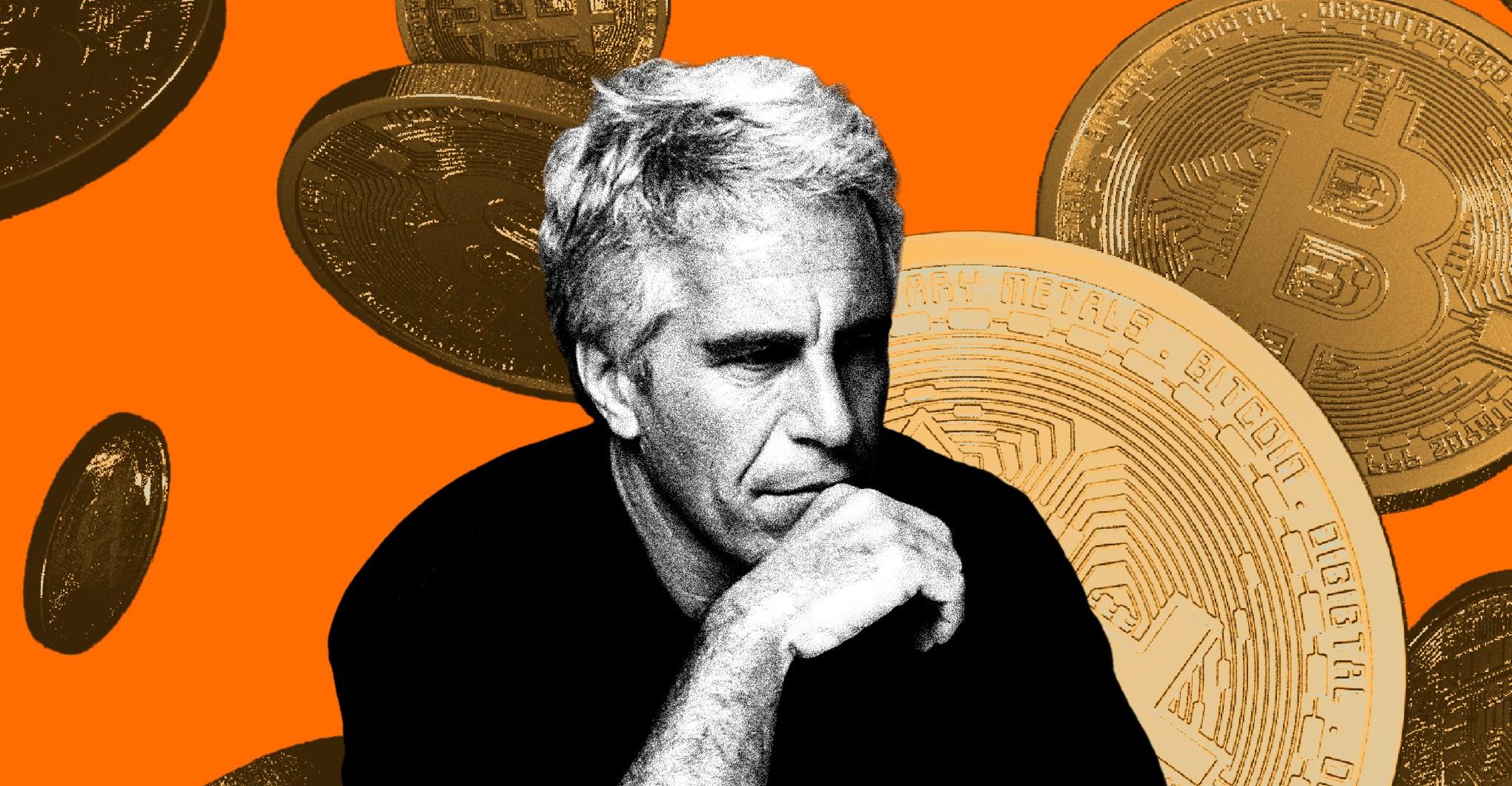China considers the democratic island its territory, under its "one China" principle

US President Joe Biden said on Monday he would be willing to use force to defend Taiwan against Chinese aggression in a comment that seemed to stretch the limits of the ambiguous US policy towards the self-ruled island.
While Washington is required by law to provide Taiwan with the means to defend itself, it has long followed a policy of "strategic ambiguity" on whether it would intervene militarily to protect Taiwan in the event of a Chinese attack.
After Biden made the remark at a joint news conference with Japanese Prime Minister Fumio Kishida in Tokyo, an aide said the president's statement represented no change in the long-standing American stance to the island that China claims as its own.
A reporter asked Biden if the United States would defend Taiwan if it were attacked. "Yes," the president answered.
"That's the commitment we made," said Biden, who helped build an international coalition trying to thwart Russia's invasion of Ukraine.
"We agree with a one-China policy. We've signed on to it and all the intended agreements made from there. But the idea that, that it (Taiwan) can be taken by force, just taken by force, is just not, is just not appropriate," he said.
Biden added it was his expectation that such an event would not happen or be attempted.
But the comment was likely to be closely watched in a region worried about China's rising influence. China has been a key topic for Biden on his inaugural trip to Asia. https://www.reuters.com/world/china/biden-visits-japan-south-korea-carrying-warning-china-2022-05-19/
A White House official later said there was no change in policy toward Taiwan, a point reiterated by Defense Secretary Lloyd Austin at a Pentagon briefing.
"As the president said, our 'one China' policy has not changed," Austin said. He said Biden had stressed the U.S. commitment under the Taiwan Relations Act "to help provide Taiwan the means to defend itself."
China considers the democratic island its territory, under its "one China" principle, and says it is the most sensitive and important issue in its relationship with Washington.
China has no room for compromise or concessions on matters relating to its sovereignty and territorial integrity, foreign ministry spokesperson Wang Wenbin told a news briefing.
Taiwan's foreign ministry thanked Biden for his support.
Biden's national security aides shifted in their seats and appeared to be studying Biden closely as he responded to the question on Taiwan. Several looked down.
Biden made a similar comment in October, saying "Yes, we have a commitment to do that" when asked if the United States would come to the defense of Taiwan. At that time, a White House spokesperson said Biden was not announcing any change in U.S. policy and one analyst referred to the comment as a "gaffe". read more
Despite the White House insistence that Monday's comments did not represent a change of policy, Grant Newsham, a retired U.S. Marine Corps colonel and now a research fellow at the Japan Forum for Strategic Studies, said the meaning was clear.
"This statement deserves to be taken seriously," Newsham said. "It is a clear enough statement that the U.S. will not sit by if China attacks Taiwan."
'TOUGHEN THE POLICY'
Biden made other tough comments about Beijing's increasingly assertive posture in the region, saying he hoped Russian President Vladimir Putin would pay a price for his invasion of Ukraine in part to show China what it would face if it were to invade Taiwan.
"They're seeking to toughen their policy but without necessarily provoking China," said James Brown, an associate professor at Temple University Japan.
Biden's remarks are also likely to overshadow the centrepiece of his Japan visit, the launch of an Indo-Pacific Economic Framework, a broad plan providing an economic pillar for U.S. engagement with Asia. read more
During his time in Tokyo, Biden is also scheduled to meet the leaders of India and Australia - the other members of the Quad, an informal security grouping formed to counter China's growing influence in the Indo-Pacific region.
Japanese premier Kishida emphasised Tokyo's readiness to take a more robust defence posture, something the United States has long welcomed.
Kishida said he told Biden that Japan would consider various options to boost its defence capabilities, including the ability to retaliate. That would include a "considerable increase" in its defence budget, Kishida said.
Japan's role in any conflict over Taiwan would be to enable a U.S. operation and help the United States defend its assets, said Yoji Koda, a retired Maritime Self Defense Force admiral and former fleet commander.
"Japan's role in that would be substantial. Japan is an enabler of that security deterrence," he said.
Kishida said that he had gained support from Biden on Japan becoming a permanent member of the U.N. Security Council amid growing calls for reform of the council. China and Russia are permanent members.
SOURCE: REUTERS

The AI industry’s civil war
- 7 hours ago
Iran Guards say launched more than 40 missiles at US, Israeli targets
- 21 hours ago

The Galaxy S26 is a photography nightmare
- a day ago

The Supreme Court appears likely to let stoners own guns
- a day ago

PM takes parliamentary leaders into confidence regarding Pak-Afghan situation
- a day ago
UCL talking points: Madrid, PSG or Italian football -- who is worse off?
- 8 hours ago
Iran postpones state funeral for Khamenei: state TV
- 19 hours ago

Do you need to know who you’d be without antidepressants?
- a day ago

Jeffrey Epstein saw promise in Bitcoin — and its far-right supporters
- a day ago

The Supreme Court’s Republicans just seized the most dangerous power in constitutional law
- 7 hours ago

Use of Afghan soil against Pakistan unacceptable: CDF
- 9 hours ago
New Zealand beat South Africa to reach T20 World Cup final
- 16 hours ago






